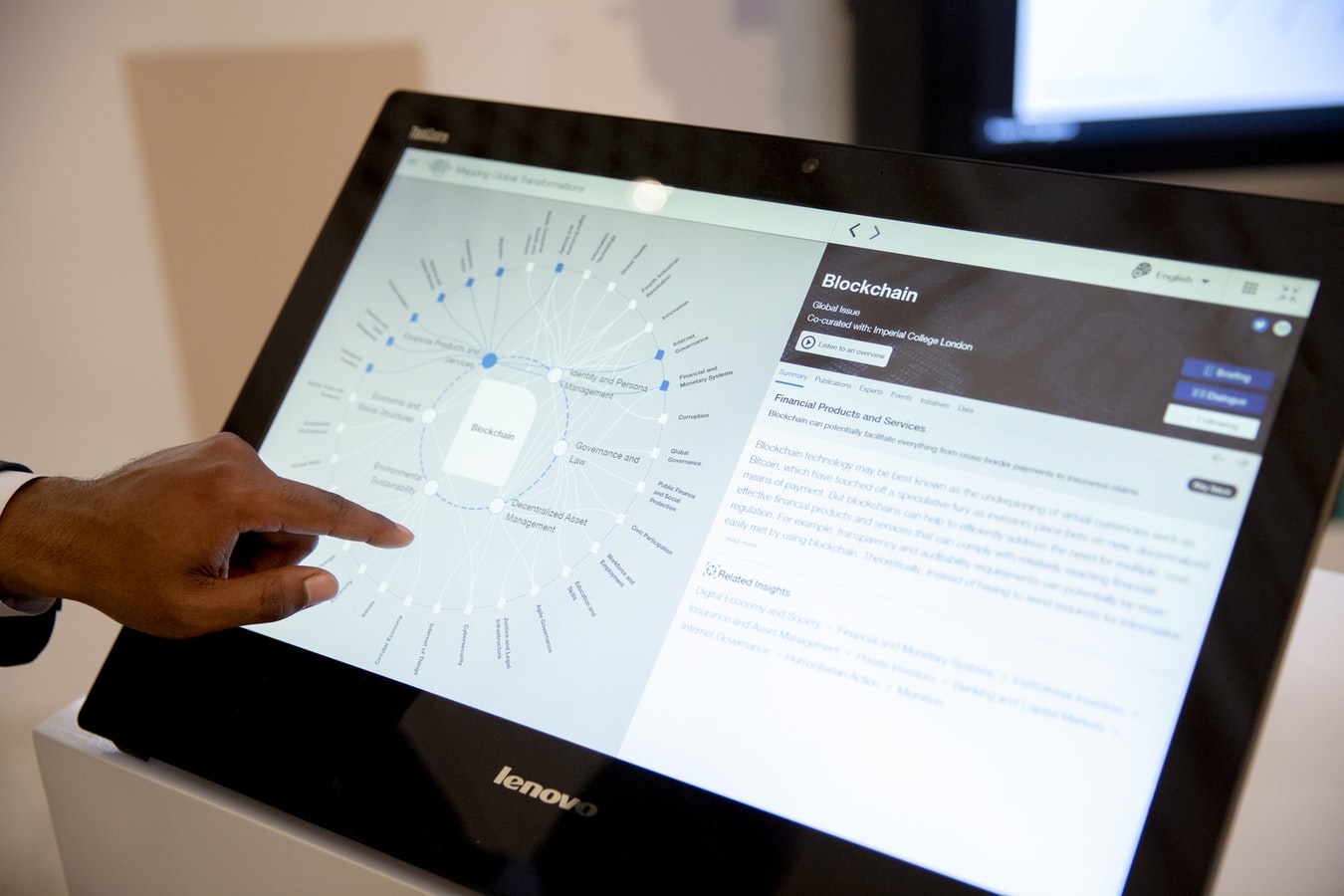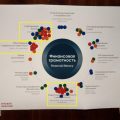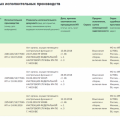
Some of the most successful innovations are not relatedwith breakthrough technologies, and with the creation of fundamentally new business models. For most of the history, these models have been fairly stable, since they were dominated by only a few key ideas, which over time have been slightly modernized. However, the development of digital space has led to their radical rethinking and the emergence of completely new concepts that will dominate in the next decade.
The economy of the masses
Crowdsourcing, crowdfunding,borrowed assets and outsourcing of personnel, in fact, are tools to attract billions of people with access to the network. They actually changed the way they do business.
Good examples are sites forplacement and rental of private housing, taxi search and call services, private drivers or food delivery. In their activities, they do not rely on equity, but use other people's assets and resources, only providing access to them and ensuring that the conditions for cooperation between the parties are met.
These models often rely on non-staff personnel, which provides companies with the flexibility they need to adapt to rapidly changing market conditions.
Free Data Model
This is a platform version of the "bait with a trap" model, which provides the customer with free access to a good service, and then earns moneyIt also includes all the developments driven by the big data revolution, making it possible to use microdemography more effectively than ever before.
Facebook, Google, Yandex, and VKontakte are prime examples that show how this model has turned tiny startups into giant corporations.Over the past 20 years, the daily number of Google searches has grown from 0.5 million to 5.6 billion.
Although more and more users are becoming aware of the value of the data they are changingThis model will continue to work efficiently in the 2020s.
Decentralized Autonomous Organizations
Combining artificial intelligence with blockchain makes it possible to create a completely new type of company – without employees, bosses, and continuous production.A set of predefined rules in the program determines how the organization functions, and computers doeverything else.
For example, a fleet of unmanned taxis managed by smart contracts based on the blockchain can work around the clock, including maintenance without human intervention.
This direction is only beginning to develop, butsome platforms already offer enterprises the necessary tools for organizing a business in which the client becomes the main external factor of influence.

The "reasonableness" model
Just 100 years ago to create a new businessit was enough to take an existing tool (for example, a drill or a washing board) and make it work on electricity, thereby increasing its power and ease of use.
In modern realities, the role of electricity is played by artificial intelligence.In this way, cell phones have become smartphones, speakers have become smart, and cars have become self-driving mode.
For example, Google recently developed an effective device management technology using electronic textiles that is comparable to touch surfaces.
The Economics of Delocalization
In addition to the real image, we have avatars in the virtual world, and such a delocalized existence will be in the futureonly to expand.
As technology develops, augmented andvirtual reality, the number of levels will increase in them. As a result, we will have avatars for work, games and other applications. The growth of these areas opens up huge new business opportunities.
Current virtual worlds and online games make good enough money by selling original digital images, things and other intangible objects that help users stand out.
</p>




